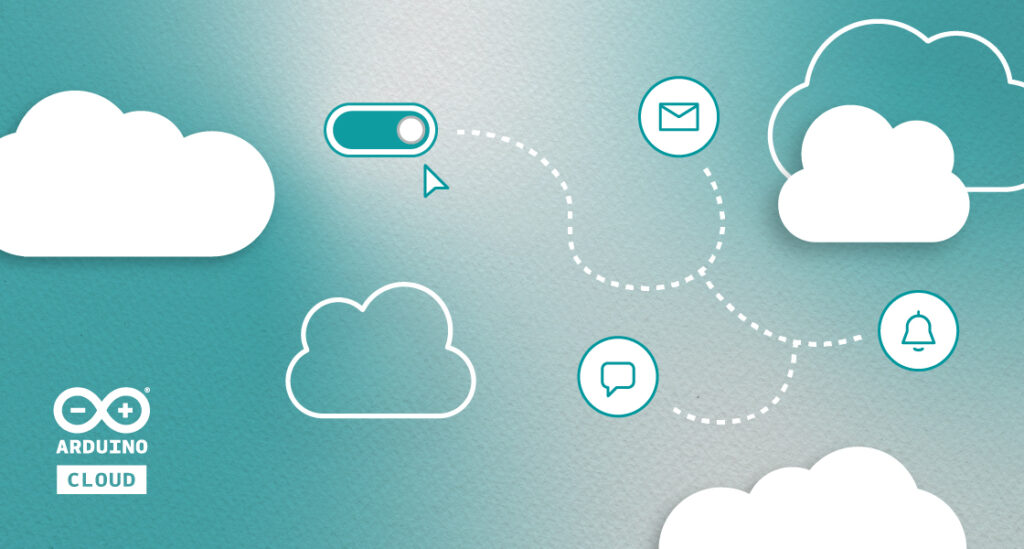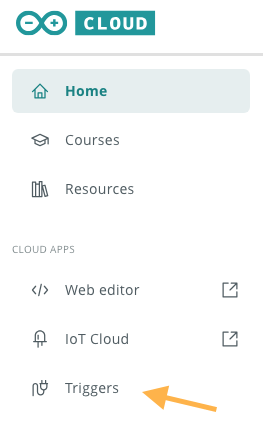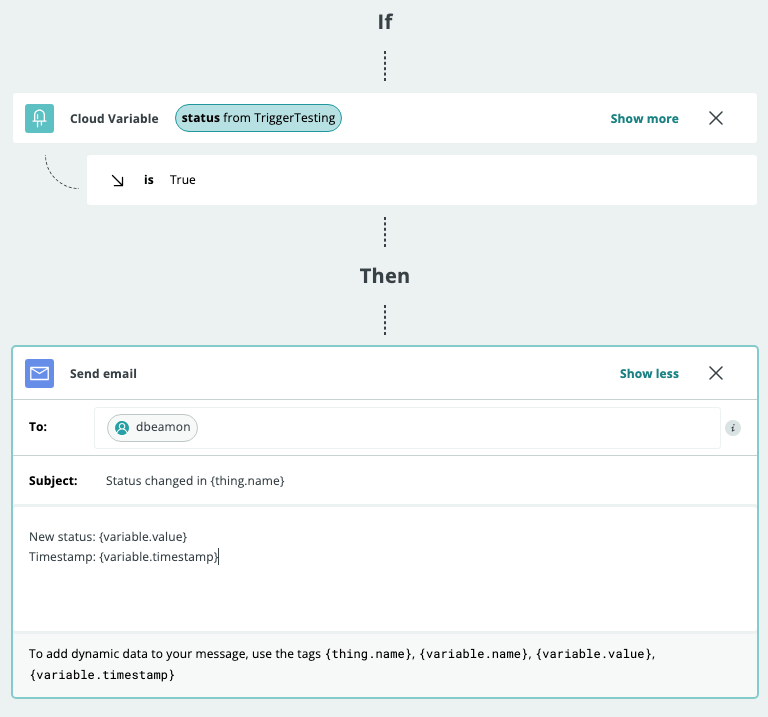Real-time alerts for your IoT projects: Discover Triggers and Notifications in Arduino Cloud

In the world of IoT, staying informed about your project’s status and events is crucial. Imagine receiving prompt notifications when your temperature sensor detects a critical temperature, or when your security camera detects motion in a restricted area. These real-time alerts enable you to take immediate action, prevent issues, and ensure the smooth operation of your IoT projects.
With Triggers, the Arduino Cloud takes project monitoring and management to the next level. You can stay connected to your IoT projects like never before, receiving instant alerts, and seizing control when it matters the most. Prompt notifications help you detect anomalies or critical situations promptly, optimize resource allocation and energy consumption, monitor equipment health and performance, or gain valuable insights and make data-driven decisions.
Triggers and Notifications in Arduino Cloud
Traditionally, implementing notifications in the Arduino Cloud required setting up webhooks that connected to external platforms like IFTTT, Zapier or Google Services. While effective, this approach involved a certain level of complexity and additional steps. With Triggers in the Arduino Cloud, the process is simplified to smooth the users’ experience.

How to set up Triggers in Arduino Cloud
The beauty of Triggers lies in migrating the action from the sketch to the Cloud, removing complexity and simplifying the code. Instead of modifying the sketch in-depth, you can configure Triggers directly in the Arduino Cloud by associating it to a variable change.
Here’s how it works:
- Identify the variable that will be synced with the Cloud as usual.
- Create a Trigger in the Arduino Cloud:
- Define the condition using the previously defined variable.
- Define the notification selecting the condition using the variable and indicating the notification to be run.

In most cases, no code modifications are needed. And for the majority of the cases, the following example snippet shows how simple it is to use this feature:
if (whatever_action_happens) {
my_action_variable = true; // Trigger the Cloud notification
}
else {
my_action_variable = false;
}Check out the article in the documentation to learn more about the full process.
Real-life use cases
Let’s explore a couple of practical scenarios where Triggers and Notifications within the Arduino Cloud add value to IoT projects:
- Temperature monitoring: Receive an immediate notification when the temperature exceeds a predefined threshold, allowing you to prevent equipment damage or adjust environmental conditions.
- Security alerts: Get notified whenever motion is detected by your IoT security system, enabling you to promptly assess the situation and take necessary measures.
- System failure notifications: Ensure that you are immediately alerted when a critical component of your IoT infrastructure encounters an issue, minimizing downtime and facilitating swift troubleshooting.
Introducing Arduino Cloud
The Arduino Cloud is the next exciting journey for IoT enthusiasts to bring their projects to life quickly. It is an all-in-one intuitive IoT platform, supporting a wide range of hardware and backed by the vibrant Arduino community. The Arduino Cloud removes complexity to empower users from all levels of expertise to create from anywhere, and control and share their projects with stunning dashboards.
Get started with Triggers
Triggers and Notifications in the Arduino Cloud empower you to create innovative IoT projects while staying informed about crucial events. We invite you to dive deeper into this feature by signing-up on the Arduino Cloud and exploring the comprehensive documentation available. Don’t miss out on the opportunity to bring your ideas to life with the Arduino Cloud! Create a new account today and unlock the full potential of your IoT journey. Kindly note that Triggers is a feature that comes with the Maker plan or higher. Upgrading to a paid subscription is a straightforward process, and you’ll be able to manage up to 25 devices and receive extra features such as over-the-air updates, shareable dashboards, advanced widgets, an extended data retention to maximize your IoT experience.